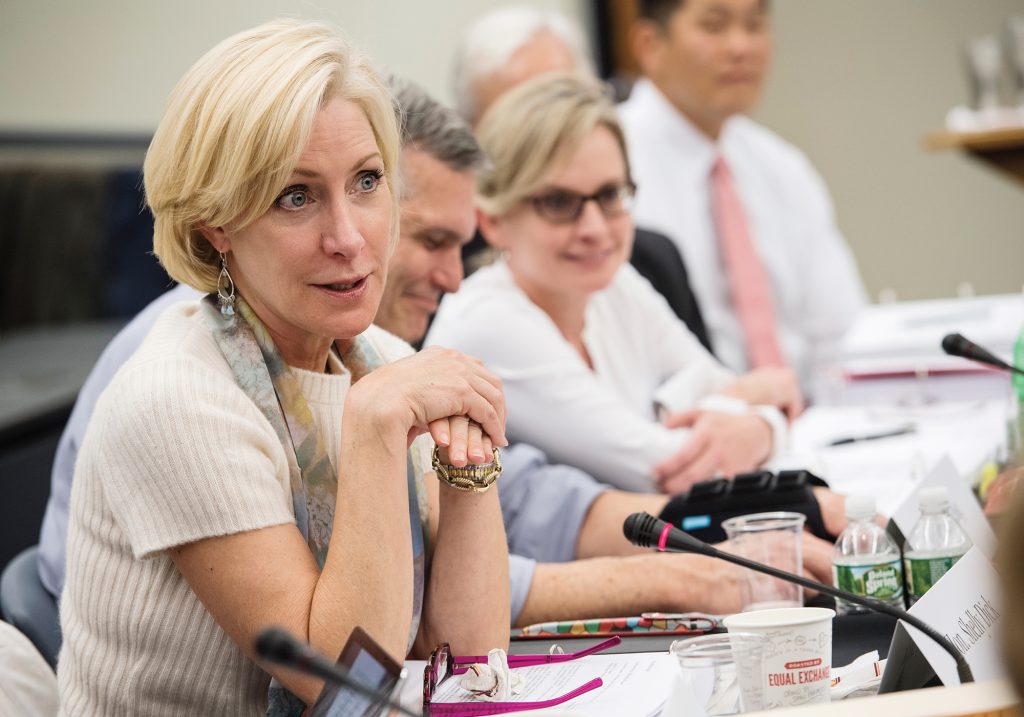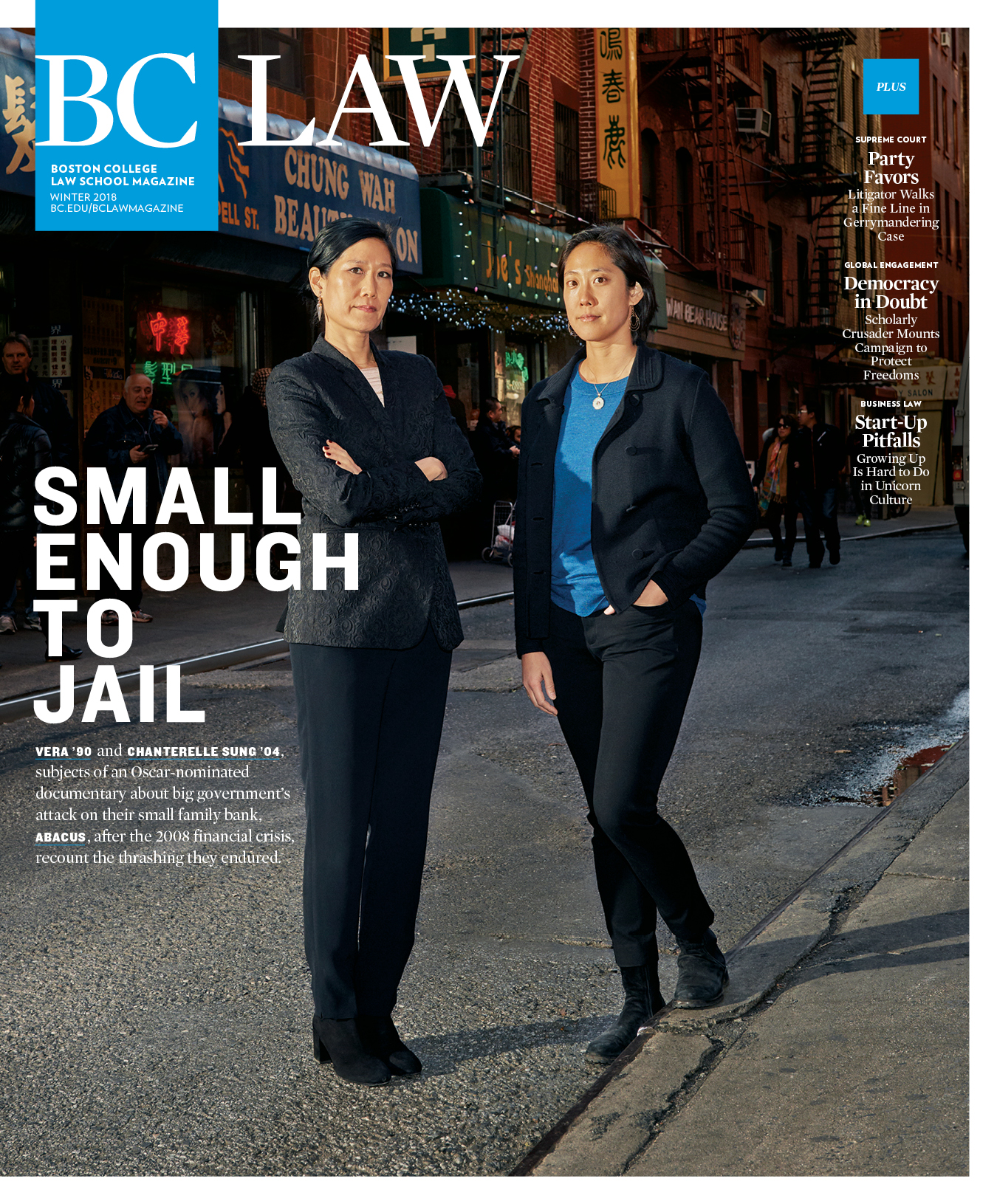Even as Boston College Law School prepared to host a major forum to discuss forensics and expert testimony, events many miles away promised to influence the conversation.
On October 26, the first day of the two-day conference, the Mississippi Supreme Court vacated the conviction of a man on death row for three murders, citing exculpatory DNA testing results and false forensic testimony. Although forensic odonatologists had testified that a bite mark on the man’s wrist matched the bite pattern of one victim, her saliva sample did not reveal his DNA. Similarly, the DNA found in blood on the man’s shoe was male, but all three victims were female.
Popular crime drama television shows like “CSI” and “Law and Order” depict the forensic scientists who connect a serial killer to a fingerprint, or a bullet fragment to a gun used in a murder, as seemingly infallible heroes. But in reality, the scientific methods underpinning forensic investigations, and the experts who testify, are under greater scrutiny as defendants challenge convictions based on evidence that was later determined to be erroneous.
“This session was an extraordinary opportunity for our faculty and students to engage with members of the judiciary from around the nation, and with world-renowned experts in a number of scientific fields related to forensic evidence.” —Dean Vincent Rougeau
Underscoring the issue, an Associated Press story remarked on the “faltering confidence in forensic science and how its experts describe their findings in court.” US Deputy Attorney General Rod Rosenstein was quoted in the article as saying, “We must use forensic analysis carefully, but we must continue to use it.”
The Judicial Conference Advisory Committee on Evidence Rules, composed of judges, academics, and attorneys from around the country, convened at BC Law to grapple with Rule 702, which establishes the federal standards for forensic expert testimony. The committee forwards its advice to the Standing Committee on Rules and to the Judicial Conference of the US courts, which in turn refers new rules to the US Supreme Court.
“The meeting at BC Law was of the greatest importance in reconciling the latest scientific theories with the needs of the US justice system,” said Monan Professor of Law Daniel Coquillette, reporter to the Committee on Rules of Practice and Procedure of the Judicial Conference of the US. “It was a great honor that we were selected to host this major judicial event.”
The Symposium on Forensic Expert Testimony on October 27 featured panels on forensic evidence and on Rule 702 and Daubert—the latter refers to the standard for the admissibility of expert witnesses’ testimony during federal legal proceedings.
Daniel Capra, the Reed Professor of Law at Fordham University School of Law, and reporter to the Judicial Conference Advisory Committee on the Federal Rules of Evidence, said the committee “heard from distinguished scientists, judges, academics, and practitioners on the role that rulemaking could have in improving the quality of forensic evidence and in minimizing the costs of challenges to expert testimony. The views expressed at the symposium will help to shape the committee’s agenda for the next several years.”
“This session was an extraordinary opportunity for our faculty and students to engage with members of the judiciary from around the nation, and with world-renowned experts in a number of scientific fields related to forensic evidence,” said Dean Vincent Rougeau. “We cannot sufficiently thank our colleague, Dan Coquillette, for all that he did to bring this important meeting, and the symposium that followed, to Boston College.”



